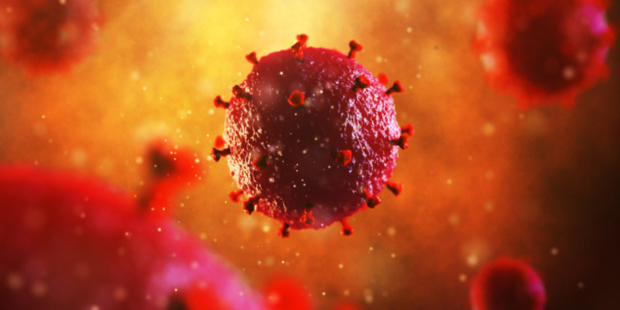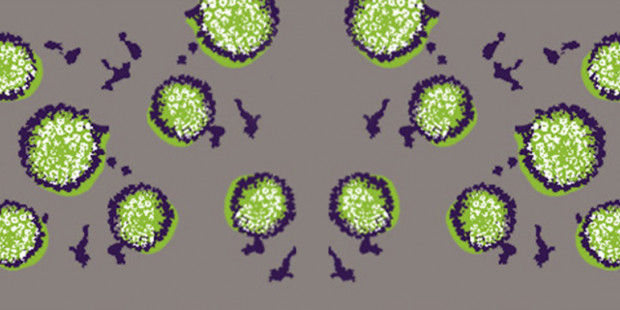
Symptoms of shigella
Some people experience no symptoms.
You might get diarrhoea and stomach cramps. You might also have a fever, feel sick or vomit.
In more serious cases diarrhoea can be severe and may contain blood or mucus (this is also known as 'dysentery').
Symptoms usually start a day or two after you become infected and last up to a week.
What should I do if I think I have shigella?
Seek medical advice by visiting your GP or a sexual health clinic. Tell them that you may have picked up a stomach infection from sex, possibly shigella. That way they will know which tests to give you.
Anyone with bad diarrhoea should:
1. Get tested
If you do test positive for shigella you can’t go back to work until a health professional says so.
2. Wash hands frequently
You may be infectious for up to a month, so wash your hands with soap and warm water after using the toilet and before touching food.
Don’t prepare food for others while you’re ill or for a week after symptoms stop.
Wash your clothes, bedding and towels on the highest setting of the washing machine.
Use hot soapy water to clean taps, door handles, the toilet flush and seat at home very often.
3. Avoid:
- Sex, until a week after symptoms stop.
- Sharing towels. Use separate towels at home.
- Jacuzzis/hot tubs/spas. You might contaminate and infect others.
How shigella is passed on
Shigella is caused by bacteria found in faeces. Only a tiny amount needs to get into your mouth to pass it on - for example, from your fingers.
It’s often caused by contaminated food but it can also be passed on sexually.
Sex that may involve contact with faeces is a risk. This includes anal sex, fisting, handling a condom or sex toy used for anal sex, oral sex after anal sex, touching someone’s backside or rimming.
Someone with shigella can be infectious for up to a month.
Shigella tests and treatment
The infection can be cured with antibiotics, but not everyone will need them. Drinking fluids will stop you losing too much water.
Recently a strain of extremely antibiotic-resistant Shigella has been on the rise in the UK.
How to lower the risk of transmission during sex
- Wash your hands during or after sex, especially if you’re rimming, touching someone’s backside or handling used condoms or sex toys. Even better, have a shower.
- Wear condoms for anal sex.
- Latex gloves offer protection if fingering or fisting.
- For barrier protection when rimming, cut a condom up into a square.
- Don’t share sex toys or douching equipment.
- Skin on the buttocks, around the backside or groin may carry the bacteria, so avoid licking these areas.
- Showering after sex is even better than washing.







